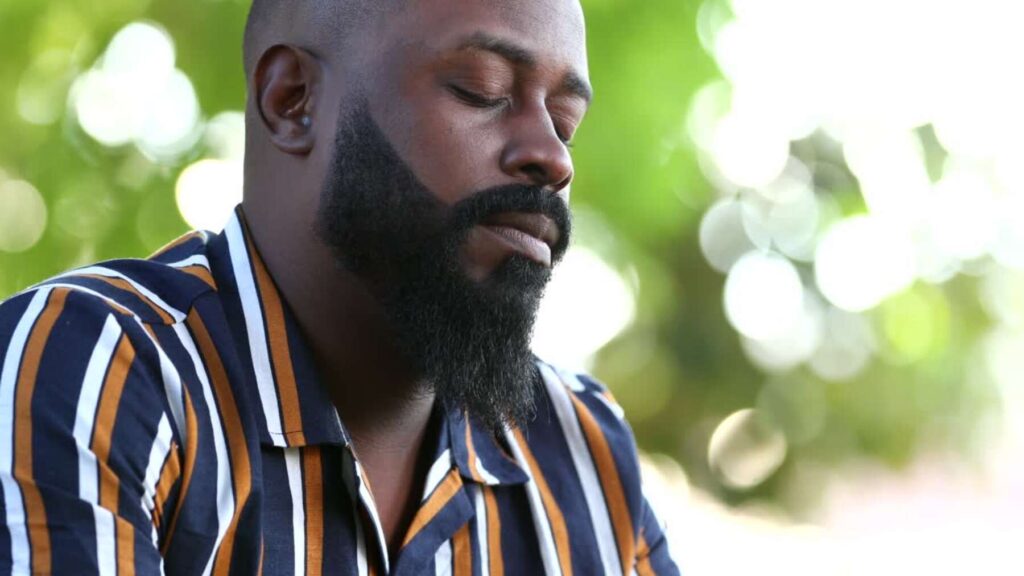
Read: ‘Embracing Our Sorrows’
Rabbi Jacob Staub explores the observance of Tisha B’Av and the value of dwelling on ancient tragedies.

Rabbi Jacob Staub explores the observance of Tisha B’Av and the value of dwelling on ancient tragedies.

“In his d’var Torah on the opening chapters of Deuteronomy, Rabbi Steven Carr Reuben says:, “Here we find our greatest and most humble leader, Moses, at the end of his life, having just as much difficulty accepting responsibility for the consequences of his decisions as the rest of us.”
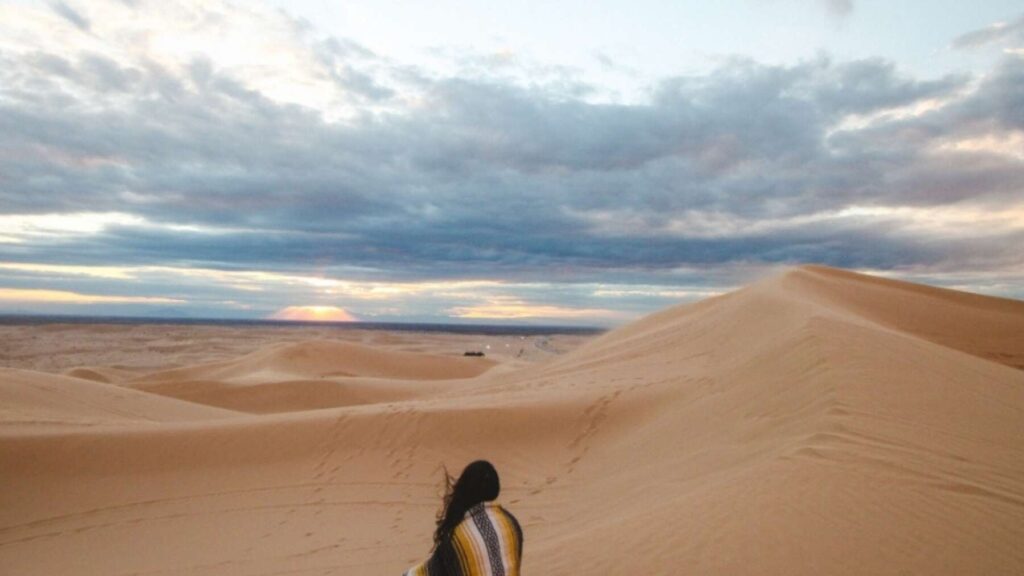
“Anxiety, violence and despair engulfed her world,” writes Rabbi Janet Madden as she describes the Shekhinah’s response to learning of the destruction of the Temple. This Tisha b’Av, her poem speaks to us as we “journey from destruction to destruction.”
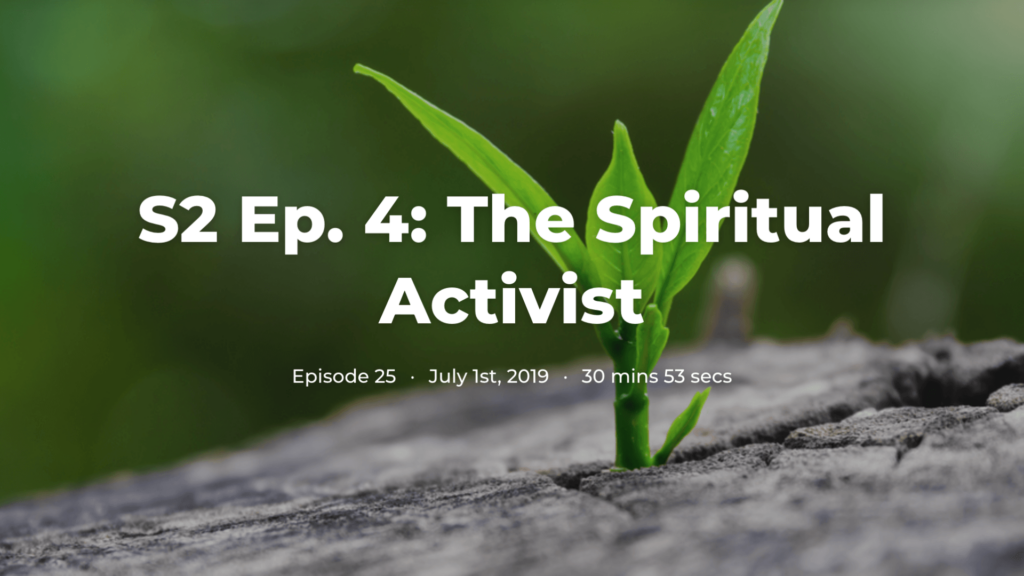
Claudia Horwitz’s life’s work has focused on integrating spiritual practice with the work of social change. In this conversation, she shares the strains that social–justice work can inflict on activists and articulates the importance of deep inner work in anchoring and sustaining individuals and groups in their work of tikkun
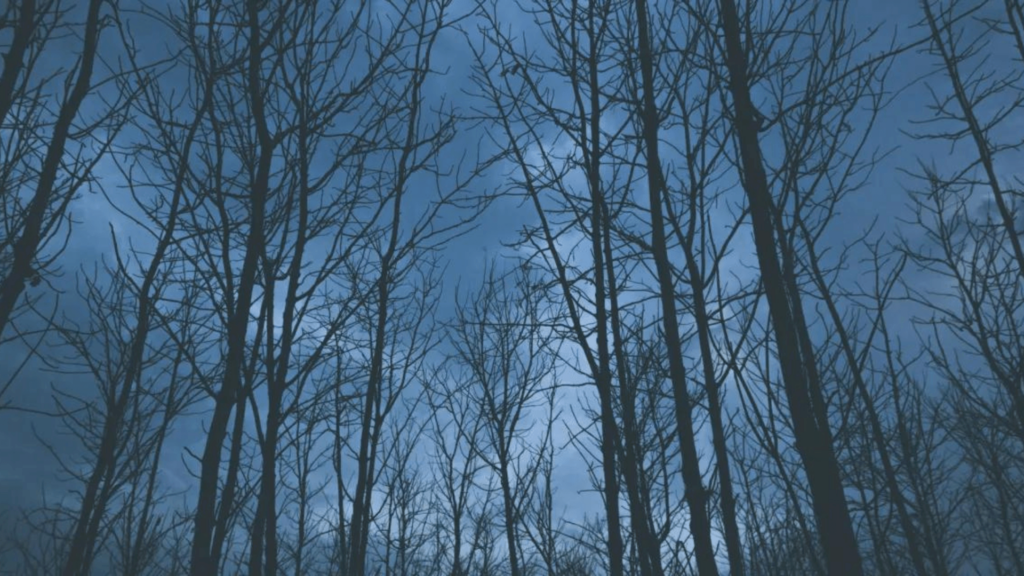
Rabbi Benjamin Weiner explores the ways that traditional Hebrew prayers can provide meaningful spiritual experiences for those who neither understand Hebrew nor believe in a God who hears and responds to our prayers.
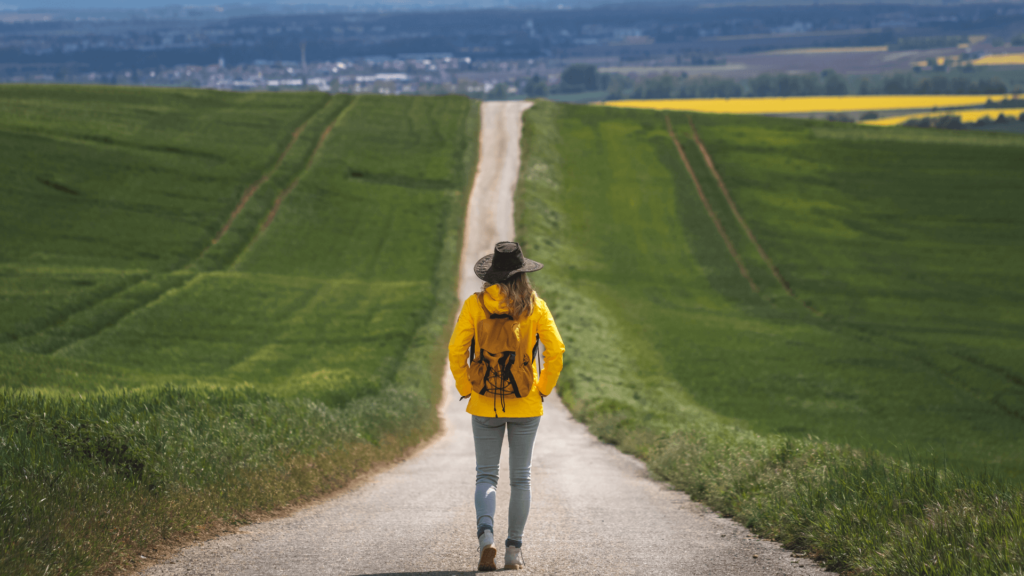
The final portion of Bamidbar, Mas’ey or “Journeys,” begins with a lengthy recounting of every encampment to which the Children of Israel sojourned during the past 40 years. Looking at the names of these places, Rabbi Jonathan Kliger notes that they are heavy with symbolism: Are they real places or
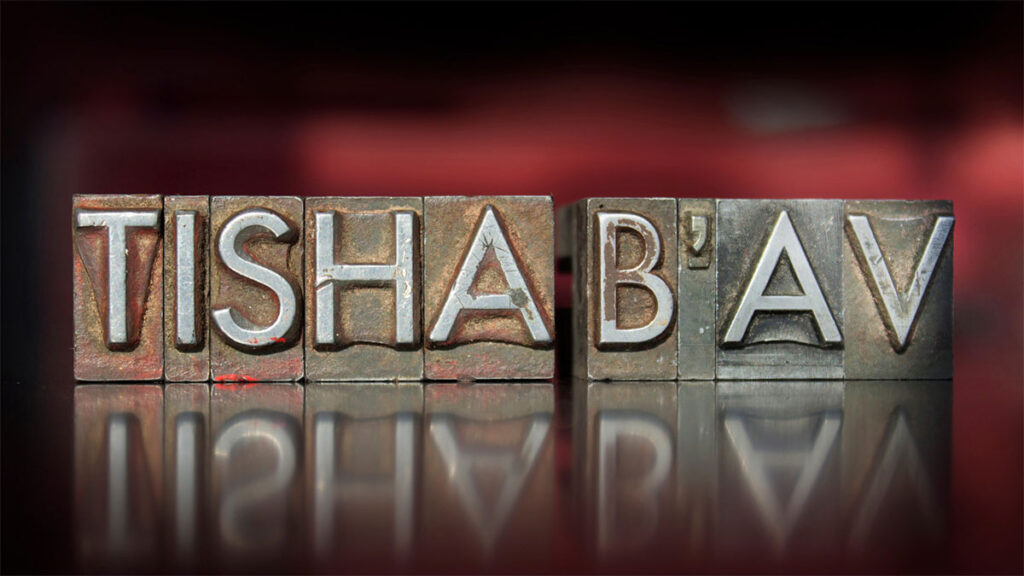
Sarah Schmerler offers this art project for the Nine Days, a period of semi-mourning observed by religious Jews that begins on Rosh Hodesh Av and culminates in a full fast day known as Tisha B’Av.

Martha Hurwitz created this prayer as a member of a very small synagogue with just a few children. Most of the parents seemed uncomfortable when the rabbi initiated a ritual for them to bless their children, so she thought it would be more comfortable if everyone joined in.
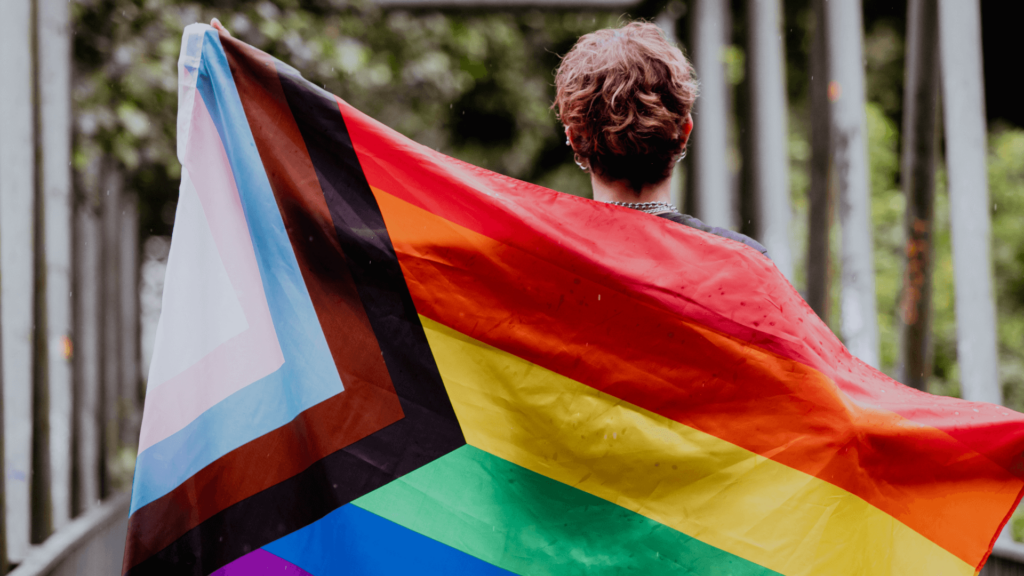
Rabbi Alex Weissman suggests that going beyond the notion of b’tzelem Elohim and diving into the Jewish legal questions that animate the lives of LGBTQ+ Jews could open doors for maintaining a relationship with halakhah.